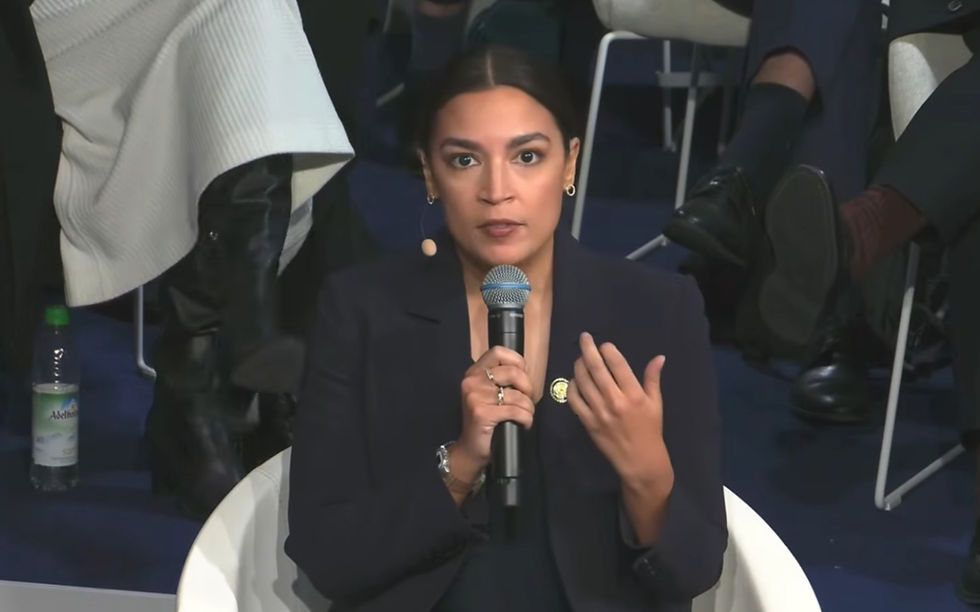Laplace’s Rule of Succession and How We Know Trump Doesn’t Make Innocent Mistakes
- john raymond
- Jul 9, 2025
- 3 min read

People—good people—keep making the same category mistake when it comes to Donald Trump. They give him the benefit of the doubt...
They say, maybe he didn’t know, maybe it wasn’t on purpose, maybe this time it was someone else’s fault. They search for mitigating circumstances, for strategic ambiguity, for some explanation that allows Trump to remain, if not honorable, then at least not entirely culpable.
This is a mistake—not just moral, but mathematical.
Let’s talk about Laplace’s Rule of Succession. It’s a simple probabilistic tool, often used to answer questions like: What are the chances the sun will rise tomorrow, given that it has risen every day for as long as we’ve recorded it? Based on observed data, the probability converges rapidly toward certainty. The more consistent the pattern, the more certain we become that it will repeat.
Now apply this to Donald Trump.
We have years—decades—of data. The bankruptcies, the fraud, the grifts. The sexual assaults. The business scams. The tax evasion. The 34 felony convictions. The impeachments. The blackmail. The withholding of military aid. The sabotage of NATO. The appeasement of Putin. The lies about COVID. The incitement of an insurrection. The stolen documents. The racism. The cruelty. The personal attacks on dead veterans. The attempt to overthrow an election. The obstruction of justice. The mockery of the disabled. The adultery, the hush money, the literal porn star payoff. The election lies. The birther lies. The lies about weather maps. The lies about crowd sizes.
Thirty thousand lies in one term—and now he’s back at it.
It doesn’t stop. It never stops.
So when a new scandal breaks—whether it’s the halting of weapons to Ukraine, a fawning message to Putin, or a sudden reversal that hurts America and helps Russia—why would anyone assume it was an accident? Why would anyone default to innocent until proven guilty when guilt has been proven 50,000 times over?
Trump is not a man you have to make things up about. The skeleton of deceit keeps piling up. Fraud. Spite. Vengeance. Wrongful firings. Sabotage. Abandonment of allies. Mockery of sacrifice. Sociopathy. Narcissism. Machiavellian manipulation.
The Dark Triad isn’t a theory for Trump—it’s an operating system.
There is no mystery anymore.
We know what he is.
And if you're still unsure, ask yourself: When has Trump acted with grace? When has he done something for someone else that didn’t benefit himself? When has he praised anyone without also calling someone else a sucker or a loser? When has he shown empathy, humility, or even basic decency toward someone vulnerable or undeserving of scorn?
The math is right in front of us.
Just like Laplace’s rule tells us the sun will rise tomorrow—because it has risen every day before—it tells us that Trump will be guilty again tomorrow.
Not because it’s guaranteed. But because the probability is so overwhelming that only a fool would bet otherwise.
It is not impossible that Trump is innocent in any given case. It is just so unlikely that only someone completely disconnected from the data—or invested in denying the truth—would give him the benefit of the doubt.
And here’s the cost of that doubt: Every time someone says, maybe he didn’t mean it, Trump buys another day of chaos. Another day to delay weapons and sanctions. Another day to help Putin. Another day to spread disinformation, lie to the public, and turn the system to his advantage.
So stop pretending this is a coin flip.
It’s not.
It’s a pattern. A pattern we’ve seen unfold again and again, with consequences that grow worse every time people hesitate.
And Laplace’s Rule? It isn’t just an abstract tool. It’s how rational actors plan for the future.
And if you’re planning for a world where Donald Trump might not be guilty, you’re planning for a world that doesn’t exist.




Comments